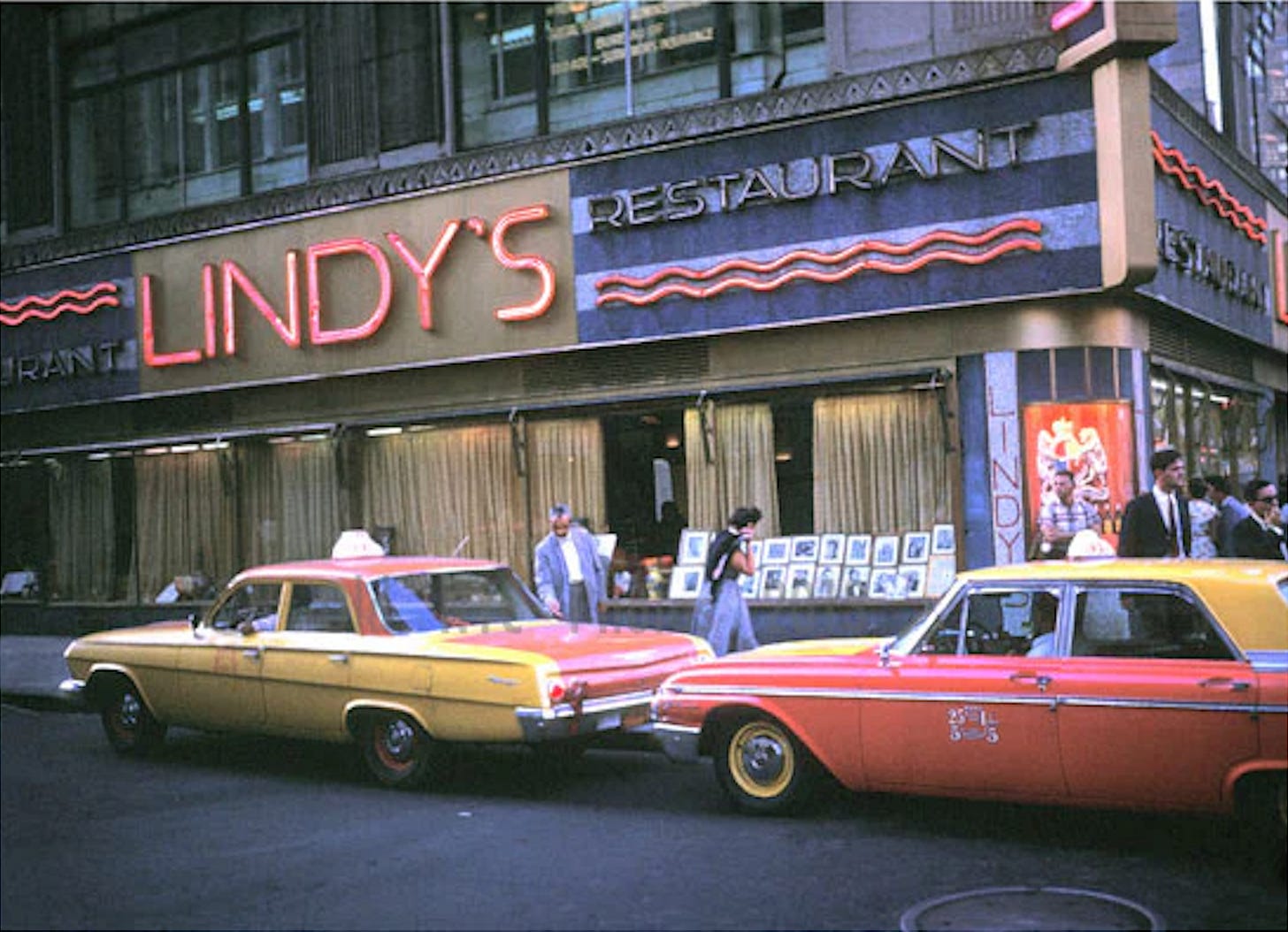The Lindy Effect in Leadership
Cultivating Longevity and Wisdom
Have you ever heard of the Lindy effect? It’s a fascinating concept that suggests the longer something has been around, the longer it’s likely to stick around in the future. The term originated from the informal gatherings of comedians at Lindy’s delicatessen in New York City, where they observed that the longer a joke or performance had been popular, the longer it was likely to continue being popular. This idea was later formalized by author Albert Goldman in the 1960s and has since been applied to books, technologies, and cultural phenomena. But what if we applied this idea to leadership?
The Wisdom of Longevity
Leadership is not just about making quick decisions or driving immediate results; it's about cultivating wisdom that grows richer with time. The Lindy effect implies that the longer a leader has been successful, the more likely they are to continue being successful. This is not mere survival—it’s about thriving through adaptability, continuous learning, and personal growth.
Experienced leaders have weathered numerous storms, navigated complex challenges, and witnessed the cyclical nature of business and economic trends. They possess a deep well of knowledge that can't be acquired overnight. Their longevity is a testament to their ability to adapt, evolve, and lead through changing times.
Embracing Timeless Principles
The Lindy effect in leadership emphasizes the importance of enduring principles. Integrity, empathy, resilience, and strategic vision are not fleeting trends; they are qualities that define great leaders across generations. By focusing on these core values, leaders can build a foundation that stands the test of time.
Take, for example, Oprah Winfrey. Her career, spanning decades, is built on authenticity, resilience, and a deep connection with her audience. Despite the many changes in the media landscape, her commitment to these timeless principles has ensured her continued relevance and success.
Learning from History
History is a treasure trove of leadership lessons. The Lindy effect encourages us to look back at past leaders and extract wisdom from their experiences. Figures like Mahatma Gandhi, who led with nonviolent resistance, or Coco Chanel, who revolutionized fashion with her timeless designs, offer insights that remain relevant today.
Gandhi’s principles of peaceful protest and perseverance inspired movements across the globe and continue to influence leaders in various fields. Coco Chanel’s emphasis on simplicity and elegance redefined women’s fashion and established a brand that has thrived for over a century. By studying their lives and decisions, modern leaders can glean strategies and principles that are likely to endure.
Fostering a Culture of Longevity
Organizations that value the Lindy effect in leadership prioritize longevity and wisdom in their culture. This means investing in the long-term development of leaders, encouraging continuous learning, and fostering an environment where experience is highly valued.
Mentorship plays a crucial role in this process. Experienced leaders can pass on their knowledge and insights to emerging leaders, creating a cycle of growth and continuity. This not only strengthens the organization but also ensures that leadership principles remain robust and enduring.
The Modern Context
The Lindy effect might seem counterintuitive when we're often enamored with innovation, disruption, and rapid change. However, integrating the Lindy effect into our understanding of leadership does not mean rejecting innovation. Instead, it means balancing innovation with the wisdom of experience and timeless principles.
Leaders who embrace the Lindy effect understand that while tools and technologies may change, the core values and principles that guide effective leadership remain constant. They realize that true innovation builds on the foundation of enduring wisdom.
Conclusion
The Lindy effect offers a valuable perspective on leadership. By recognizing the importance of longevity, timeless principles, and historical wisdom, leaders can cultivate a style that not only survives but thrives through the ages. As we navigate the complexities of modern leadership, let's remember that the most enduring leaders are those who balance innovation with the timeless wisdom that the Lindy effect so powerfully encapsulates.
By embracing the Lindy effect in leadership, we can foster a culture that values longevity, learns from history, and upholds timeless principles. This ensures that our leadership stands the test of time and continues to inspire future generations.



